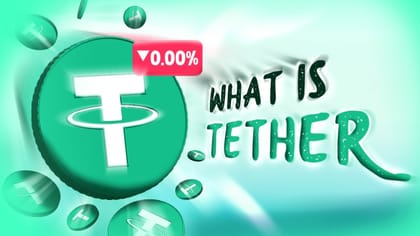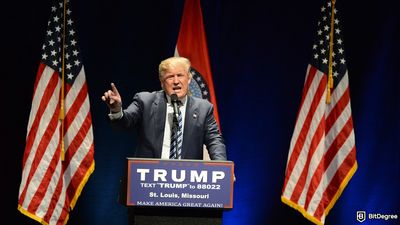One of the best-known blockchain platforms Solana announced the launch of its decentralized payment protocol for stablecoin and other digital asset transactions.
While Solana had some success for the past week, it had a rough start to the year with multiple performance issues that had some experts advising to stay away from this blockchain protocol.
However, it seems that Solana managed to turn itself around with a decent enough surge of SOL - a 19.55% increase over the past 24 hours. Subsequently, the platform informed users on social media and officially announced the launch of their P2P payment protocol.

Did you know?
Want to get smarter & wealthier with crypto?
Subscribe - We publish new crypto explainer videos every week!
What Is Tether? (USDT SIMPLY Explained With Animations)


Solana Pay will let users pay via stablecoins (USDT, USDC, etc.) with minimal gas fees. Based on data provided by Solana, the average transaction fee as of today was $0.00025.
According to the official post by Solana, further developments of Solana Pay "will enable merchants to send digital assets back to the consumers", making it easier for independent sellers, suppliers, and retailers to expand their business in the crypto industry.
The project was first brought to light by Head of Payments at Solana Labs Sheraz Shere, which brought interest from financial technology firms such as Checkout.com, Citcon, and crypto-based payment platforms and exchanges like Phantom, Slope, and FTX.
More than that, the post highlights the importance of peer-to-peer stablecoin transactions that the new Solana Pay protocol offers, because alternative digital assets like Bitcoin are constantly fluctuating, and usually require high transaction fees.
Solana Pay for merchants and small businesses offers instantaneous transactions and cheap gas fees, without affecting the environment. Likewise, Solana Pay supports multiple eCommerce platforms such as WooCommerce, Magento, Wix, Squarespace, and BigCommerce.
Another Solana Pay option is given strictly to developers who want to build their own peer-to-peer payment protocol on the Solana blockchain.
While this is only the beginning of the platforms' new P2P protocol, Solana Pay seeks to integrate other digital assets like NFTs in the near future.


.o.jpg?tr=w-500)



















